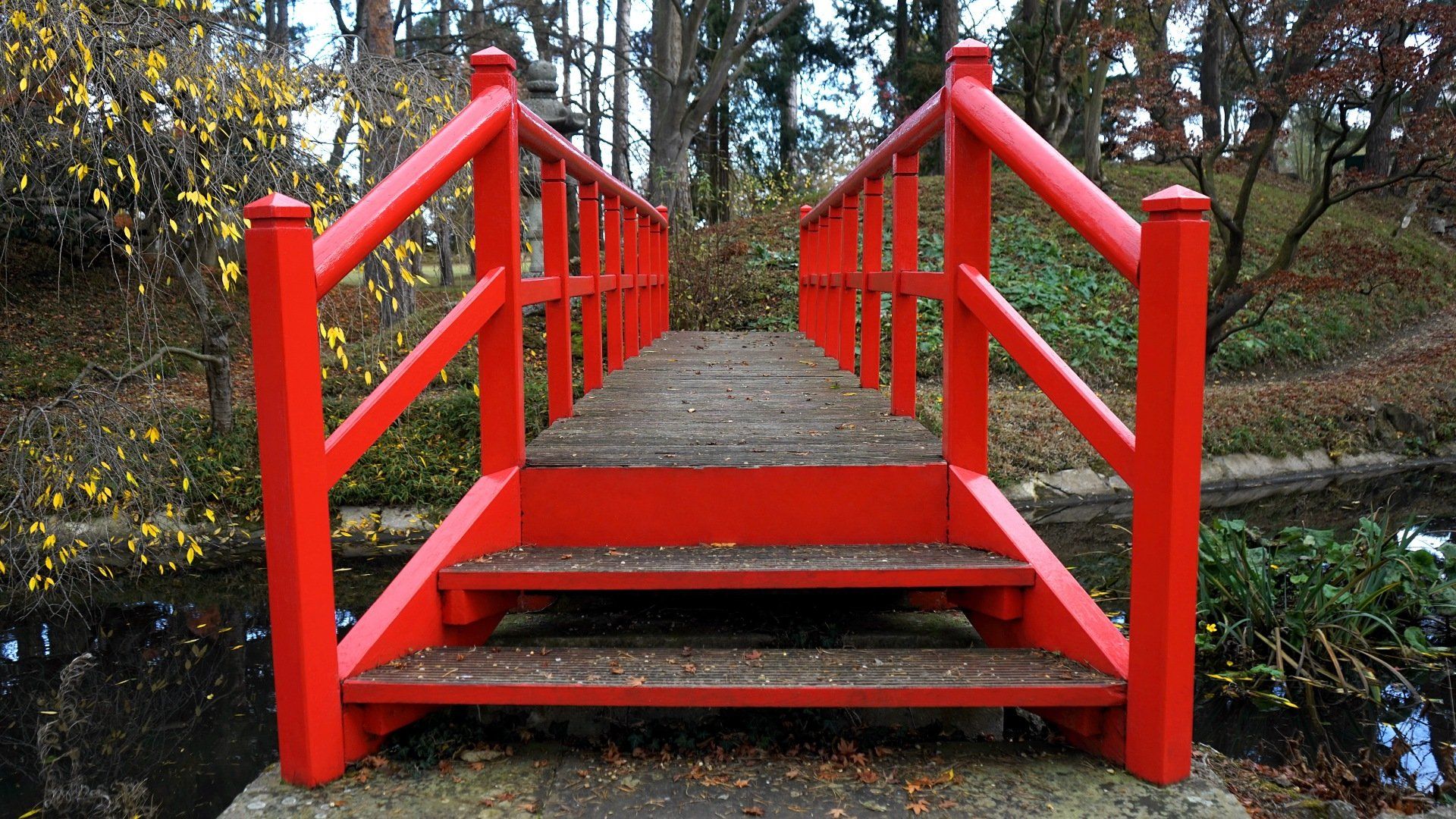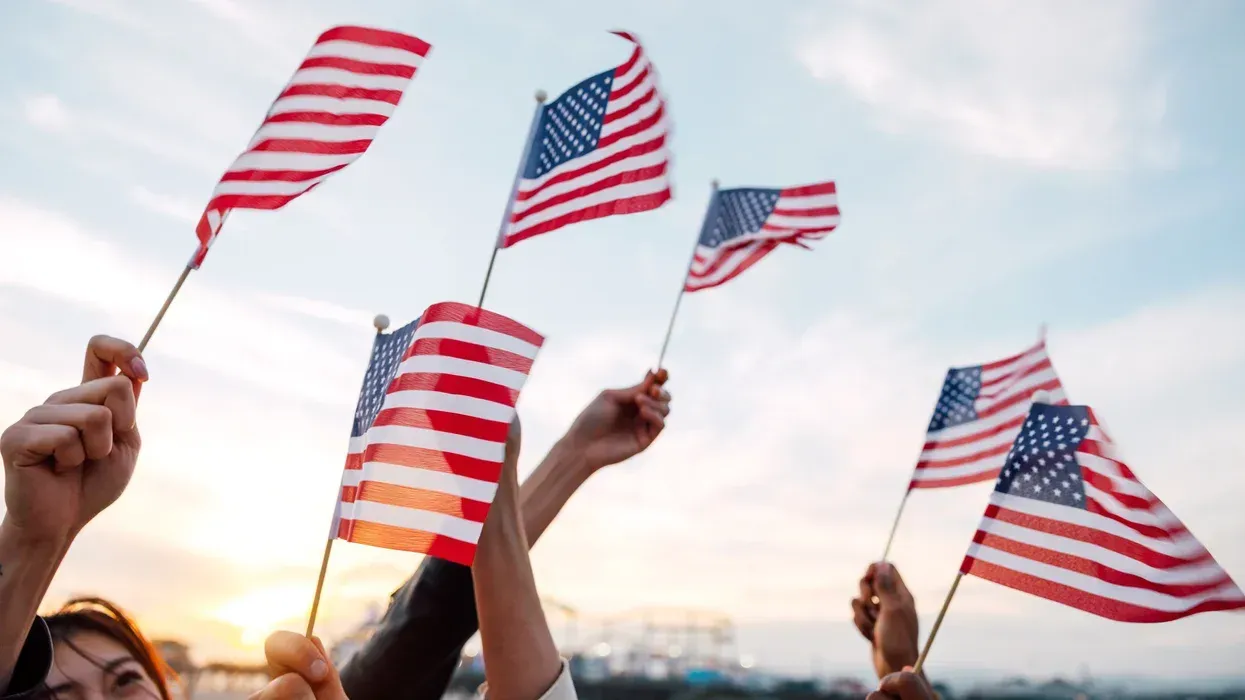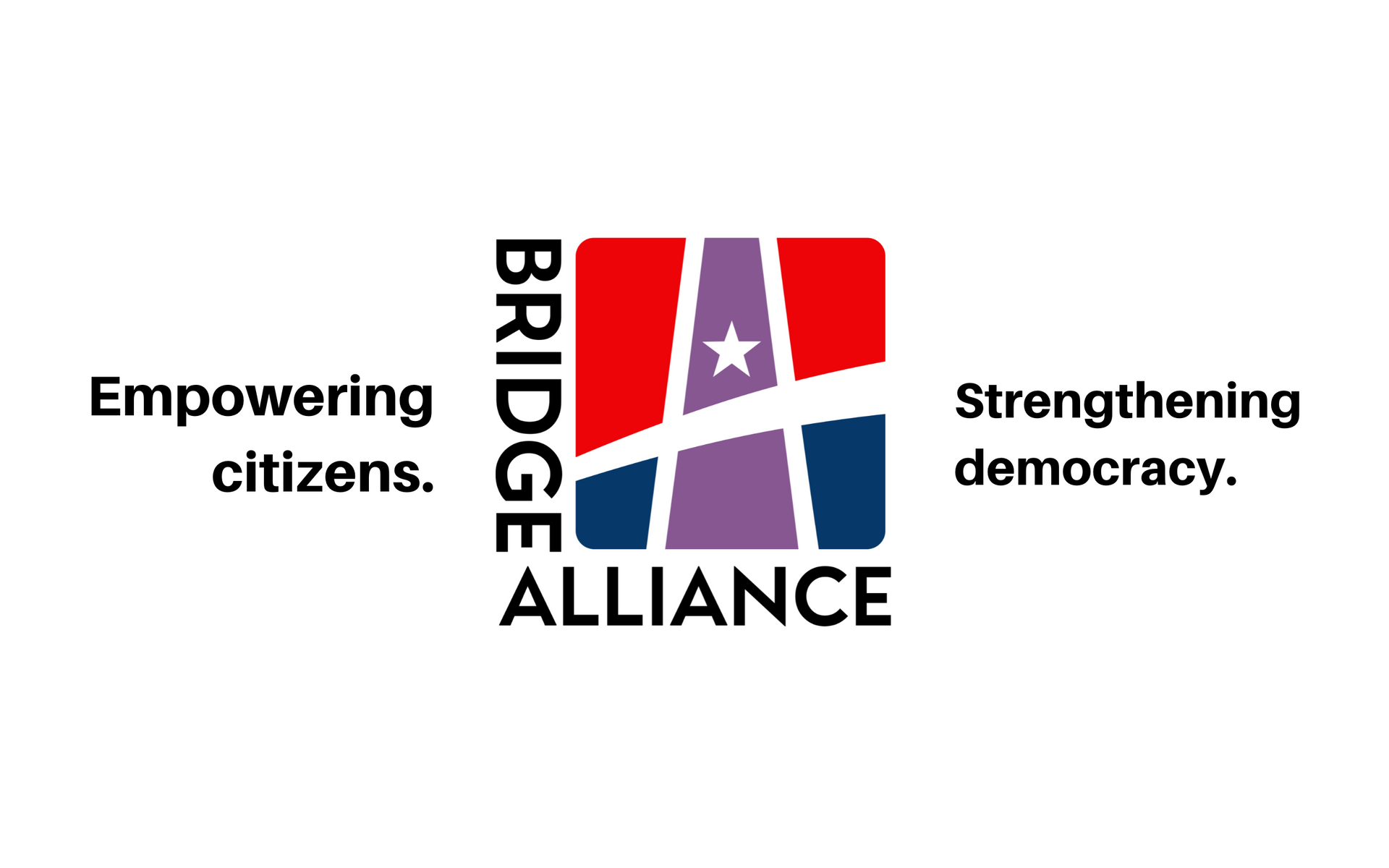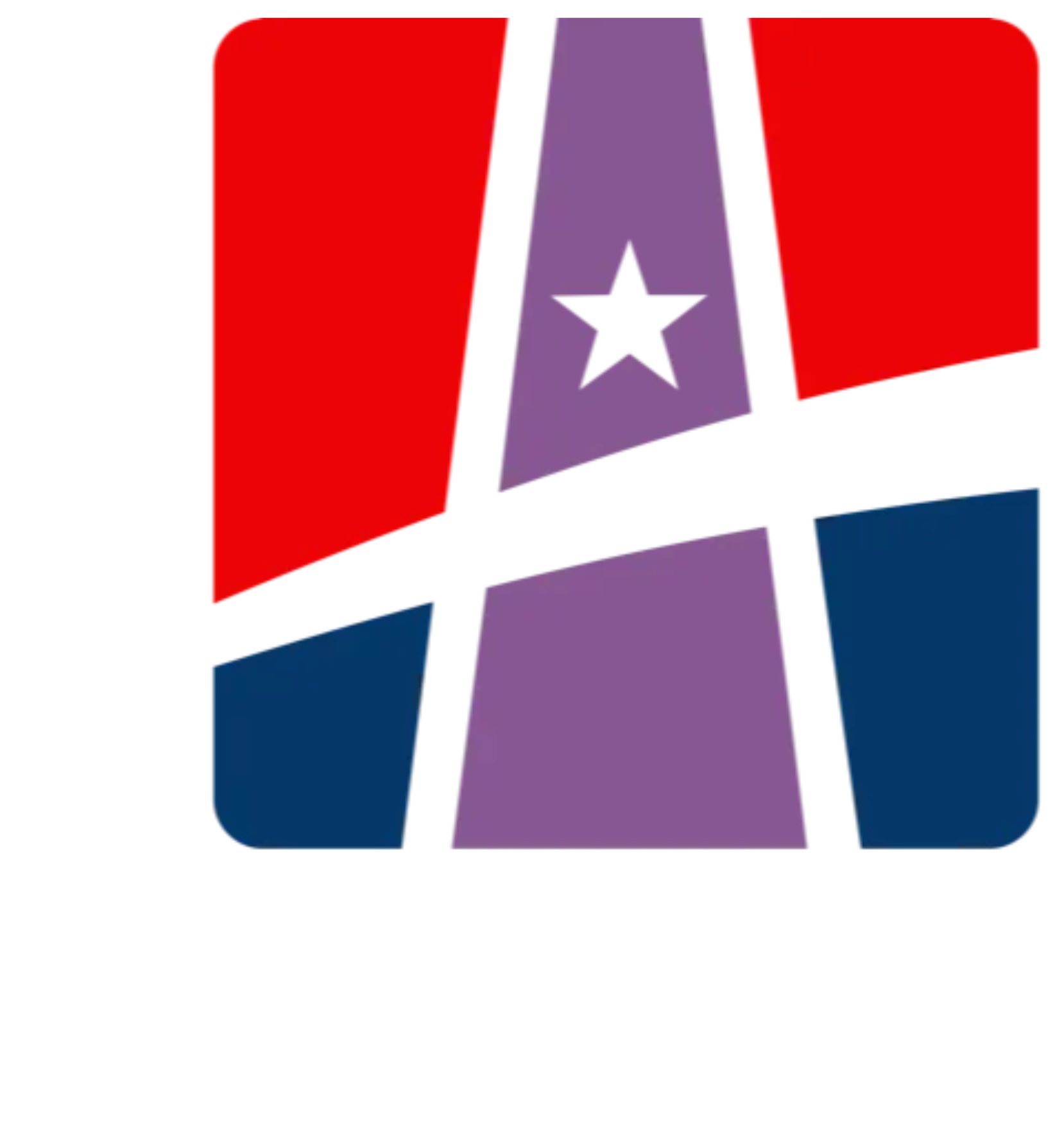"Civil War" and Its Place in Civil Discourse
Alex Garland's film "Civil War" is a conversation starter.
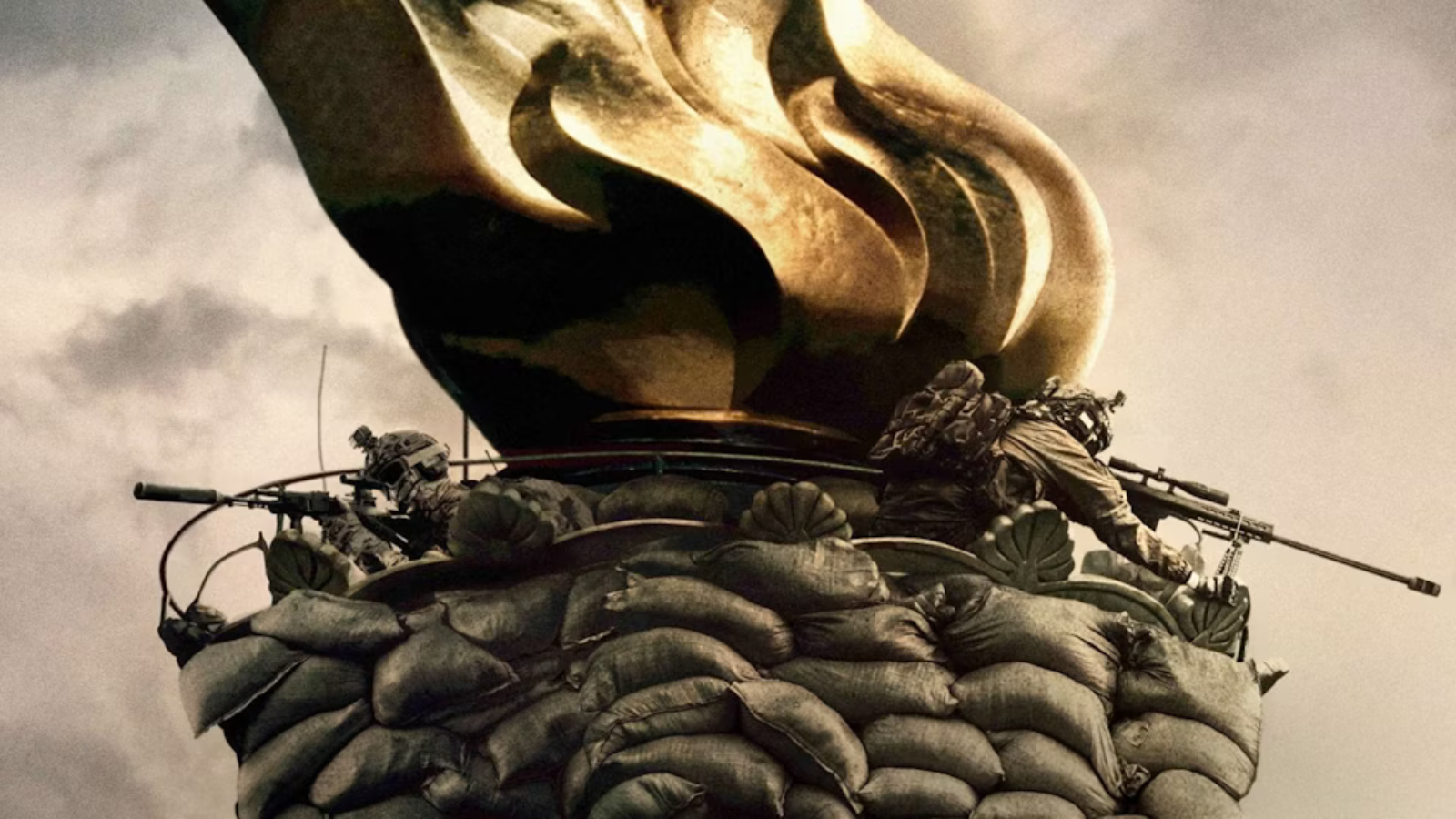
In an election year where the air crackles with political tension, the arrival of Alex Garland's film "Civil War" has sparked a broad spectrum of reactions. The movie presents a dystopian vision of a fragmented United States where various factions are at war. This narrative, while unsettling, offers us an opportunity to sit with the discomfort and catalyze it into action. Our partners at Bridge Entertainment Labs invited us to an advance film screening on Monday, and this week's update reflects that experience.
The Essential Role of Journalism
At its heart, "Civil War" eschews partisan politics - it meticulously avoids taking any 'sides' in the real or fictional political world. Instead, it focuses on a group of journalists navigating a war-torn America, serving as a potent reminder of trusted journalists' critical role in a democracy in providing objective truth. Putting war journalists as neutral observers central to the narrative also anchors the film in neutrality. Through their lenses, we witness the chaos of war—stripped of bias, unburdened by allegiance. Garland's decision to set this dystopia in eerily familiar American settings magnifies the impact. Photo journalists' shots juxtaposing the remnants of past 'normalcy' with the current horrors of war serve to thrust the audience into the visceral truth that war, for Americans long something geographically distant, can become an intimate terror.
A Stark Warning Against Political Violence
American political violence and war are real concerns that some Americans may not just believe likely but mistakenly think necessary. Research has indicated that 83% are concerned about political violence, and 15% of Republicans and 20% of Democrats say the country would be better off if large numbers of opposing partisans "just died." 40% of Americans believe a new civil war is "at least somewhat likely in the next ten years."
But the brutality of this film serves well as a cautionary tale for just a slight glimpse into what that could look like. In an interview Tuesday evening, Garland stated that that is the point - he wanted the audience to suddenly feel a really deep, instinctive sense of aversion - of being appalled - at what war within our country's borders would look like. For me, it was a mission accomplished.
Reflections from the Cast
The concerns raised about the film's release during an election year highlight the delicate balance between artistic expression and its impact on societal discourse. While some argue that portraying a nation at war with itself might amplify existing tensions, others see it as an urgent call to reflect on our collective path forward. Kirsten Dunst, one of the film's stars, reflects on this balance, echoing the director in suggesting that the film, in its essence, is an anti-war message, urging viewers to contemplate the consequences of unchecked division and to reconsider the direction in which we could be heading.
Other cast members have spoken about how the film has affected them - compelling them to want to take action. Wagner Moura said, "Now I'm really making an effort to sit down and listen to people that I disagree [with]. And I was absolutely surprised to see that if you value democracy, if you think that democracy is an important thing, then there's lots of common ground." We know that Moura's observation is accurate - research from More in Common on the 'perception gap' shows that we are not nearly as divided as we think.
A Pivot, Not a Prophecy
Though fictional, the backdrop of the movie aligns with concerns raised by thought leaders and advocates within our network regarding the erosion of democratic norms and the rise of authoritarian tendencies fueled by polarization. Regardless of whether this movie was released in 2024 - or at all - we would still be in a divisive and potentially violent time in our politics and history. Perhaps it can be a catalyst for discussions about these challenges we face to a larger number of Americans - prompting us to reflect on our values, our responsibilities as citizens, and the importance of upholding a democracy that is inclusive, resilient, and truly representative of all its people.
Let "Civil War" not be a prophecy of our future but a pivot point towards a more united, democratic society.
Featured Content
- ActiVote (Blog) April 3rd: The NATO Military Alliance
- AllSides (Announcement) April 6th: When Moderates Come Up Short -- Again
- American Values Coalition (Blog) April 5th: Kate Middleton and Russian Disinformation
- Ballotpedia (Resource) April 8th: Biden has second-lowest Cabinet turnover among 21st century presidents
- BillTrack50 (Article) April 9th: Fur and Loathing in Oklahoma: A Tail of School Policy Gone Awry
- Congressional Management Foundation (Blog) April 9th: Brad Fitch To Transition From CMF CEO
- Divided We Fall (Article) April 4th: Should Universities Preserve the Tenure System?
- Horizons Project (Article) April 8th: Sensemaking with Horizons: Dr. Jeanine Abrams McLean, President of Fair Count
- RepresentUs (Article) April 5th: Why Is Congressional Stock Trading Legal?
Podcasts
- Ballotpedia (On The Record) April 4th: Ballotpedia CEO Leslie Graves on engaging young voters
- Election Reformers Network (What Voting Means to Me) March 29th: What Voting Means to Me with ERN's Kevin Johnson
- Greater Good Science Center (The Science of Happiness) March 28th: How to Talk With People You Disagree With
- The McCourtney Institute for Democracy (Democracy Works) April 8th: Democracy is the sum of us
- USC Dornsife Center for the Political Future (The Bully Pulpit) April 5th: A Lot Done; A Lot More To Do
Citizen Connect Featured Events
- Interfaith America (April 11th @ 2:00 pm CDT) Faith in Elections Playbook: Inspiring Trust Zoom
- Network for Responsible Public Policy (April 11th @ 7:30 pm EDT) Returning to Philadelphia: Amending the Constitution for the Twenty-First Century
- Peace Harmony Joy Alliance (April 16th @ 7:00 pm EDT) How Do We End the Divisiveness and #DisagreeBetter?
- Bipartisan Policy Center (April 17th @ 3:00 pm EDT) Fifty Years of the Congressional Budget Act
Featured Fulcrum Articles
- James-Christian B. Blockwood, April 3rd: Bipartisan cooperation needed to navigate immigration's troubled waters
- David L. Nevins, April 4th: We must try to 'Let It Be' in 2024
- Cindy Black, April 8th: Remove foreign-influenced corporate money from our elections now
- Seth David Radwell, April 9th: The tyranny of the minority
- Steven Rosenfeld, April 10th: New research finds Arizona GOP rejected Trump and MAGA candidates
Members In The News
- Congressional Management Foundation (Business Insider) March 30th: About half of all senior congressional staffers are mulling an exit: The 'physical and psychological toll of this place cannot be understated.'
- Bridge Alliance, Election Reformers Network (IVN) April 8th: New Campaign Launches to Ease Panic over Elections that Go Into 'Overtime'
- Issue One (USA Today) April 8th: Election offices say they need more funding. Advocates are calling on Congress to help

